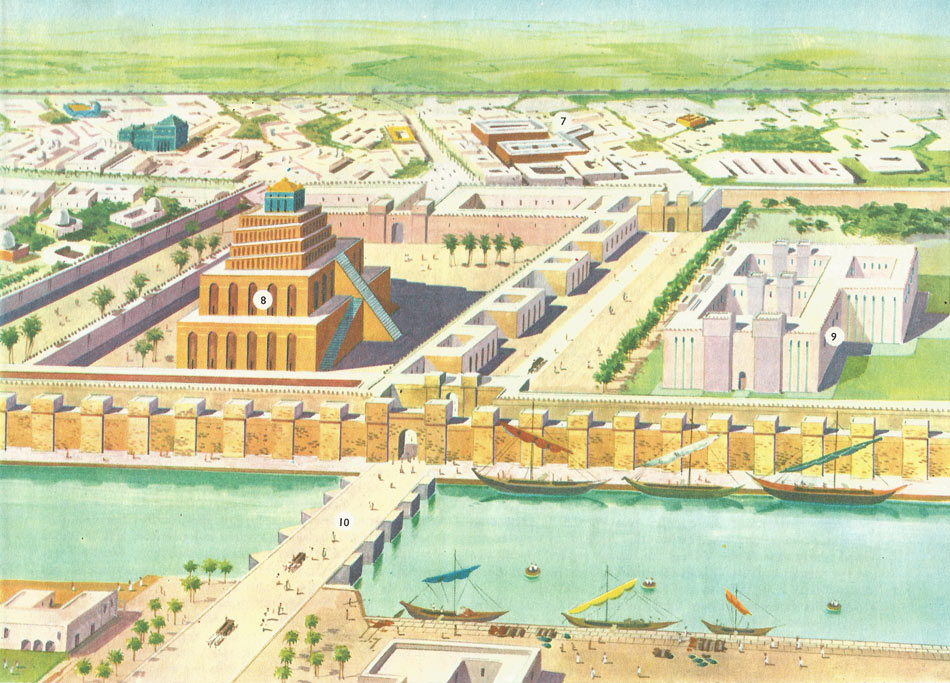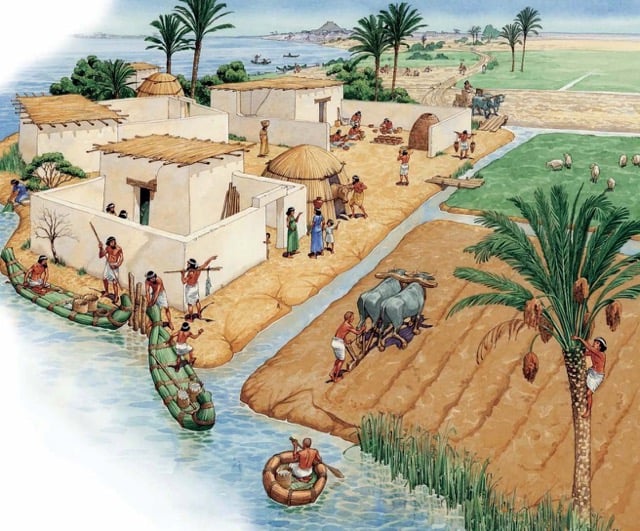


The first civilizations appeared in major river valleys, where floodplains contained rich soil and the rivers provided irrigation for crops and a means of transportation. Foundational civilizations developed urbanization and complexity without outside influence and without building on a pre-existing civilization. Civilization need a stable supply of food in which societies can only thrive with plenty of food. The first civilizations were developed near river, river valleys and bodies of water where people could carry on a large scale farming by domesticating of animals or could do fishing that was needed to feed a large population.



The
agricultural surpluses were necessary for the existence of a
civilization. As the food supply became abundant, more people would
move on to live constantly. As the population grew, villages became
towns and towns became cities and consequently, new pattern of living
soon emerged in which surplus goods and excess amount of food could
be used for trade. Subsequently, cities became the centres of
population, culture and trade. As civilizations grew, they required
increased intensification of agriculture to maintain themselves.
Comments
Post a Comment